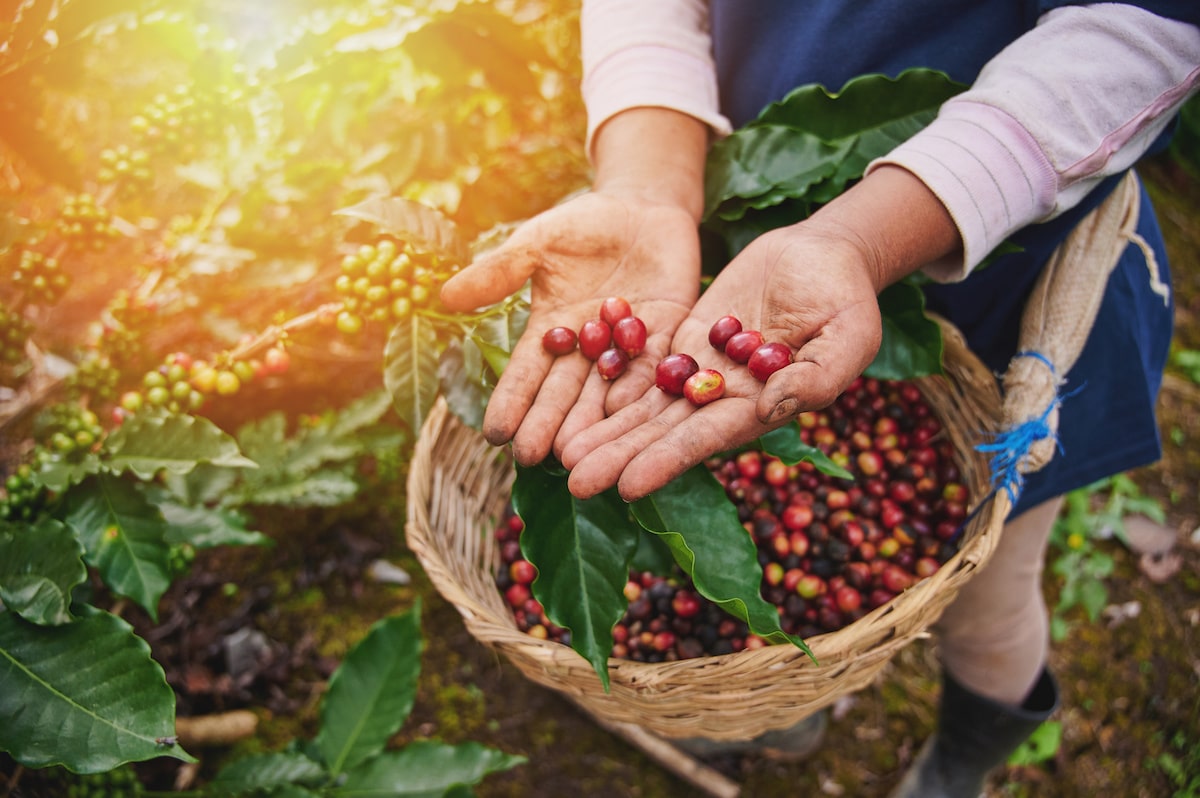 Image Source: BeanScene Magazine
Image Source: BeanScene Magazine
Indian coffee growers have received a much-needed breather with the European Union set to postpone the implementation of its stringent Deforestation Regulation (EUDR), initially slated for December 2025. This delay is timely, considering India’s current challenges with coffee exports, largely due to reduced production and the burdensome compliance costs imposed by the new norms. The Coffee Board of India is stepping up with support initiatives aimed at helping growers navigate this evolving landscape.
Key Highlights and Background
-
The EU Deforestation Regulation aims to ensure that imports into the EU are deforestation-free, requiring exporters to prove their commodities, including coffee, are not linked with deforestation activities post-December 31, 2020.
-
Originally set to come into force by December 30, 2025, the enforcement is now extended, giving India's coffee exporters additional time to comply.
-
Over 70% of Indian coffee exports reach EU markets, making EUDR compliance critical for the sector’s continued access.
-
The strict regulation demands sophisticated traceability measures, including geolocation data of coffee plantations, which present substantial challenges mainly for smallholder farmers who dominate Indian coffee production.
-
India’s coffee exports are currently slowing down, with a projected decline of over 10% in 2025 due to lower output and logistical hurdles under the new compliance regime.
-
The Coffee Board of India is developing platforms and providing subsidies to assist farmers in meeting the regulation's technical requirements.
Impact on Indian Coffee Growers
The deferral of the EU regulation is a significant relief for Indian coffee farmers, especially small and medium-scale growers who struggle with the technical and financial aspects of compliance. The EUDR mandates detailed documentation and proof that coffee beans originate from non-deforested lands, requiring farmers to adopt new technology and record-keeping practices which were previously alien to many.
-
Small farmers face difficulty producing GeoJSON files, a geospatial data format needed to certify deforestation-free status.
-
The additional time before full enforcement is expected to help the Coffee Board of India facilitate farmer training and the widespread adoption of compliance procedures.
-
This buffer period alleviates immediate market access threats, allowing Indian producers to reorganize and invest in better traceability and certification systems.
Indian Coffee Export Slowdown Amid Production Challenges
India’s coffee production is under pressure due to adverse weather conditions including droughts and unseasonal rains, impacting flower formation and fruit retention on coffee plants. Consequently, this has led to:
-
A more than 10% anticipated decline in coffee exports in 2025 compared to previous years.
-
Reduced carry-forward stock from the last crop season, compounding supplier constraints.
-
Despite these declines in volume, coffee prices have reached record highs globally, partly due to lower output from other major producers like Brazil.
-
The export value for Indian coffee surged by 19% in early 2025 due to higher prices, despite export volume contraction, indicating strong buyer interest albeit in smaller quantities.
Coffee Board of India’s Role and Support Measures
The Coffee Board is actively supporting Indian coffee growers to transition into compliance with international regulations and market demands:
-
Initiatives include subsidies under the Integrated Coffee Development Project for setting up roasting and grinding units, and financial aid for adopting new technologies.
-
Efforts are underway to launch a dedicated platform that will assist farmers in ensuring their coffee meets EU deforestation standards.
-
The Board announced recruitment for technical experts to strengthen its on-ground support and training capabilities.
-
In addition to regulatory compliance, the Coffee Board is working on certification standards tailored to Indian coffee’s unique growing conditions to boost global recognition.
Looking Ahead: Challenges and Opportunities
The delay in the EU deforestation norms provides a window of opportunity for Indian coffee growers and exporters to adjust operations and align with sustainability goals without losing market access. However, challenges remain:
-
The complexity and cost of compliance remain high, especially for small farms that dominate the Indian coffee sector.
-
Technology adoption and traceability systems are critical and will require coordinated efforts between government agencies, the Coffee Board, and growers.
-
Global coffee demand remains strong, with Indian coffee poised to capitalize on quality and sustainable credentials once compliance is achieved.
In conclusion, the EU's postponement of deforestation norms offers vital relief to the Indian coffee sector grappling with export soil challenges and regulatory hurdles. The Coffee Board's ahead-looking initiatives aim to balance sustainability with growth, ensuring India's position remains strong in the global coffee market.
Source: The Hindu Business Line
Stay Ahead – Explore Now!
WOW STORY OF THE DAY: Traders Turn Trailblazers: The World Baniya Forum Cashes In On A Trillion-Dollar Legacy
Advertisement
Advertisement


